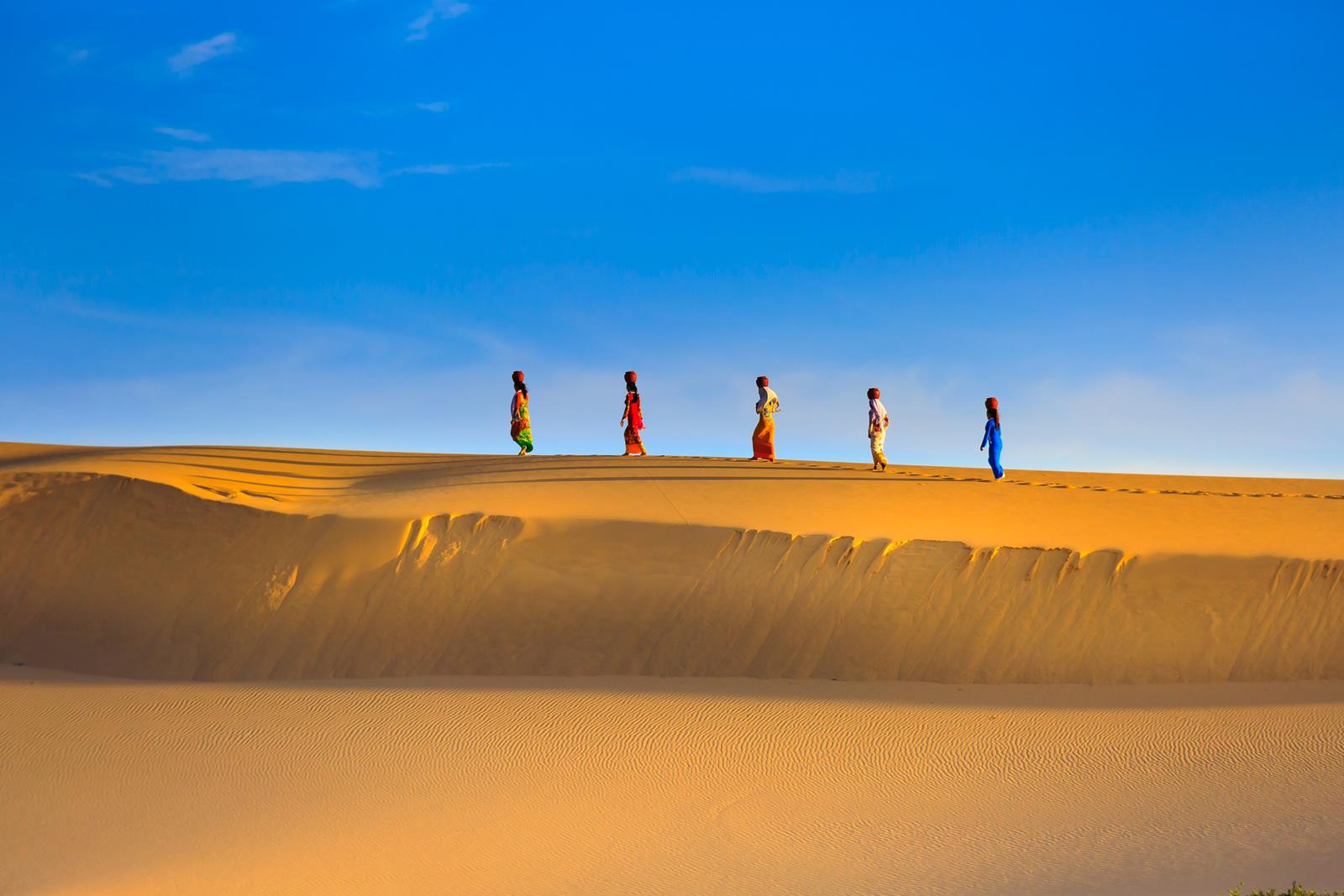Traveling Means Different Things to Different People

Although it is one of the most common human experience, traveling speaks to people in very various ways. For others, it’s a kind of escape—a chance to break free from the grind and really enter strange environments. For others, it’s a means of inquiry—of civilizations, settings, even facets of oneself. While some see travel as a luxury, others see it as a need for development or recovery. The traveler’s aims, background, and personality define every trip, therefore rendering the meaning of travel rather personal and subjective. Travel is so great and interesting because of this variety. It’s not just about where people go, but also about why they there, what they search for, and how they evolve in the process defining its relevance.
Travel as a Path to Personal Growth
Many individuals travel to push themselves and broaden their knowledge as much as to see the globe. Entering new surroundings often pushes people to face their limitations, challenge presumptions, and become resilient. Traveling a distant place, interacting in many languages, or adjusting to new traditions may motivate personal growth in ways that textbooks and everyday schedules just cannot match. Travel’s unpredictable nature promotes creativity and problem-solving as well as outside-of-comforts thinking.
Traveling for personal development does not necessarily result from great experiences or spectacular situations. Reflection occurs sometimes in the quiet times—watching a dawn alone, lost and finding your way, or understanding how different life is elsewhere. These times could provide insight, change of viewpoint, or even impact on daily choices. Travel becomes for many a kind of education, where the world itself serves as the instructor and every new location offers a lesson just waiting to be acquired.
Travel as a Cultural Connection
For some, the essence of travel is in bridging cultures apart from their own. These visitors use cuisine, language, customs, and personal interactions to find understanding. These interactions enliven their paths whether they are learning to prepare regional cuisine, attending cultural events, or just chatting with neighbors. Travel breaks down preconceptions and promotes mutual respect, therefore bridging individuals and cultures.
More than just curiosity, this cultural inquiry frequently develops empathy. Travelers who really embrace various lifestyles start to see the world from several angles. They personally see the variety of human experience, which may disproves stereotypes or prejudices. Viewed through this prism, travel becomes about really seeing people and places in their own complexity rather than just sightseeing. It is a celebration of uniqueness that, ironically, usually exposes common humanity.
Travel as Rest and Renewal
Not everyone uses travel to pursue change or cultural immersion. For many, relaxation is their main goal—a much-needed release from emotional conflict, stress, or job pressure. A respite from everyday life is provided by beaches, spas, resorts, and picturesque hideaways. Travel this sort is about recovering equilibrium rather than about stretching limits. It is equally about stillness as it is about motion.
In some respects, the experience—peace, comfort, and the luxury of time—matters more than the destination. Whether via mountain treks, beach breezes, or calm lakefront mornings, travelers looking for rebirth typically find comfort in nature. The trip turns into a kind of self-care, a stop button letting them go back home rejuvenated. It satisfies a basic emotional and psychological need, hence it is no less important than more ambitious or tough kinds of travel.
Travel as a Social Experience
Some individuals find travel to be all about connection—not just with locations but with people. Traveling with friends or relatives deepens bonds by means of shared experiences and internal jokes that shape the group memory. Road excursions, group adventures, or destination weddings are less about the place and more about connecting and writing tales together.
Additionally lured into unanticipated social events are single visitors. From hostels to guided tours to neighborhood celebrations, the road offers plenty of chances to meet fresh people. Whether brief or long, these interactions enhance the trip. Traveling reminds us that while appearances suggest otherwise, mankind is large, fascinating, and more linked than it first seems. In a digital age where connections are frequently virtual, the physicality of shared travel experiences may provide great social pleasure and remind us of the value of actual, in-person connection.
Travel as a Creative Muse
Travel frequently provides inspiration for authors, artists, photographers, and creative spirits. The change of surroundings, flood of fresh ideas, and sensory stimulation may rouse latent creativity in familiar settings. New city rhythms, local market hues, or the way light falls in a far-off scene may all become sparks that inspire creativity.
This kind of travel is not necessarily about seeing well-known locations or marking off a list of must-see sights. Rather, it’s about slowing down, learning the subtleties of a location, and letting imagination react. Some visitors even schedule their travels with this in mind, looking for artist residences, peaceful getaways, or particular sites that fit their artistic objectives. The road turns like a canvas, and every trip gives the art they finally create more complexity. Travel therefore becomes not simply significant but also productive.
Conclusion
For every individual starting a trip, travel represents something different. It might be a road to personal development, a link to cultural awareness, a stress reliever, a celebration of friendship, or a creative fountain. These few reasons capture the great range of human experience and purpose. But what drives all travellers—regardless of their destination—is the need to challenge the norm and come across something unique—inside or outside of oneself. Travel is fluid, molded by the wants, dreams, and viewpoint of the traveler; its meaning is neither set or standard. That is the reason this is such a strong and ongoing human endeavor. It testifies to our curiosity, our fortitude, and our great need to interact. Ultimately, travel provides purpose, one trip at a time, not just mobility.